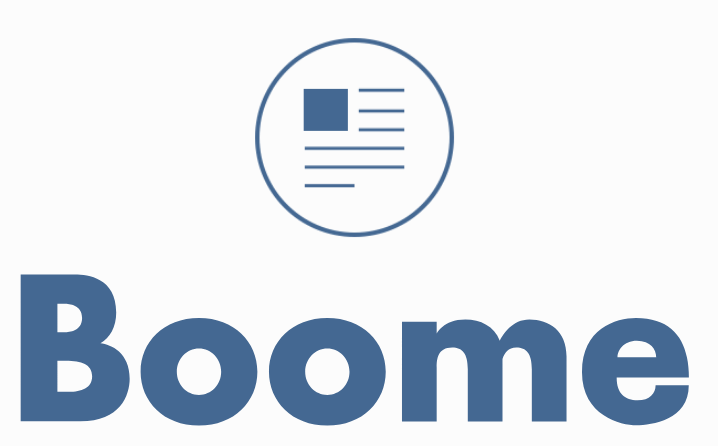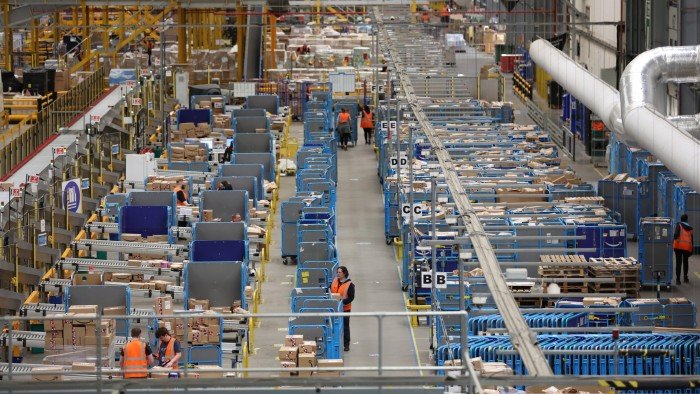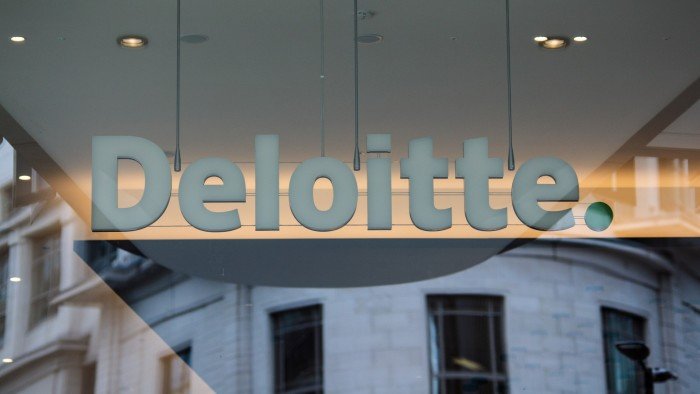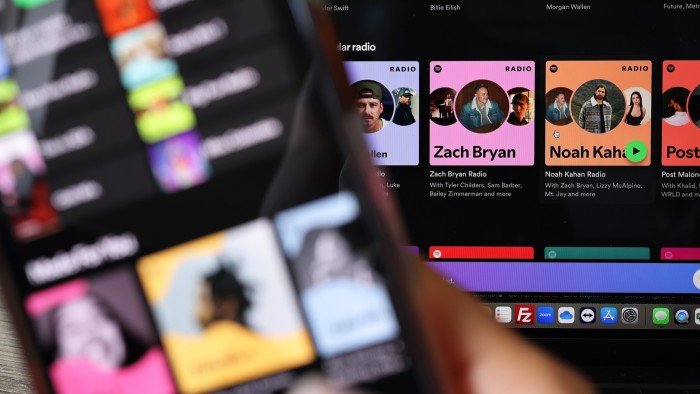Six Ways Kelly Loeffler Can Improve SBA’s Support Of Small Business
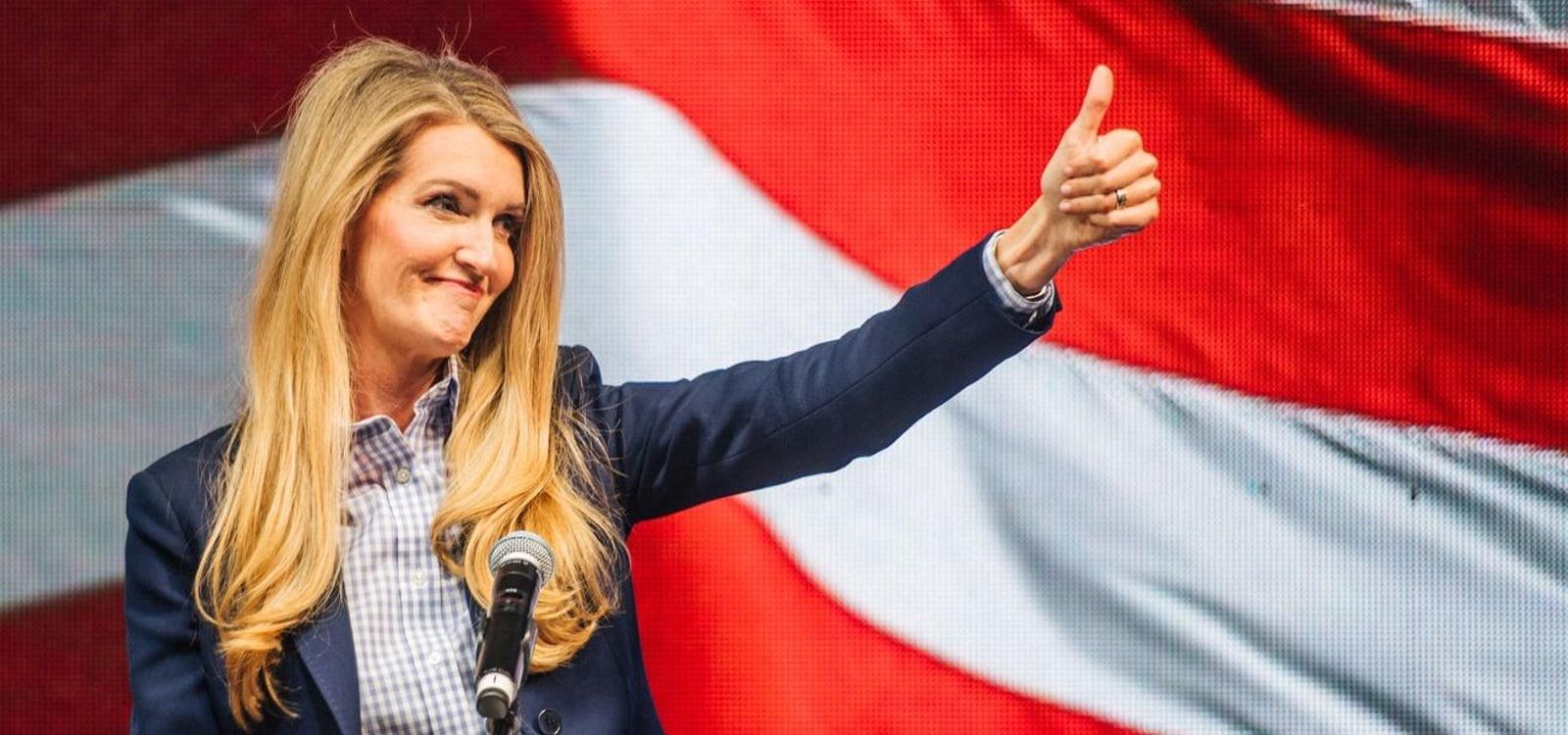
ATLANTA, GA – U.S. Sen. Kelly Loeffler (R-GA) speaks during a runoff election night party at Grand … [+]
President-elect Donald Trump has tabbed Kelly Loeffler, a former Georgia senator and a top donor to his 2024 election campaign, to head the Small Business Administration (SBA). Loeffler represented Georgia in the U.S. Senate after she was appointed by Gov. Brian Kemp in 2020 to fill a vacated seat. She served briefly before losing a special election to the Rev. Raphael Warnock in January 2021.
At the time of her Senate appointment, Loeffler said: “Over the last 25 years, I’ve been building businesses, taking risks, and creating jobs.” She is the former CEO of Bakkt, a platform for owning and trading cryptocurrency that bills itself as the industry’s premier crypto trading venue and a former co-owner of the WNBA’s Atlanta Dream. She graduated with a marketing degree from the business school at the University of Illinois-Urbana and later earned an MBA in international finance and marketing from DePaul University.
“Small Businesses are the backbone of our Great Economy. Kelly will bring her experience in business and Washington to reduce red tape, and unleash opportunity for our small businesses to grow, innovate, and thrive,” President Trump said in a post on the Truth Social media platform.
Trump said that Loeffler’s priority will be “ensuring that SBA is accountable to taxpayers by cracking down on waste, fraud, and regulatory overreach.”
Role of The SBA
Created in 1953 by President Eisenhower, the SBA helps Americans start, grow, and build resilient businesses. The agency provides assistance to the nation’s estimated 33 million small businesses, supports small business entrepreneurship to enhance competition, and plays a key role in strengthening the U.S. economy.
In FY 2024, SBA supported 103,000 financings to small businesses, the highest level across SBA’s core programs since 2008, as well as 18,000 loans to households for disaster recovery. The agency also increased its annual capital impact to $56 billion, a 7% increase over FY 2023.
The SBA’s core functions are to provide:
· Access to capital. The SBA administers the popular 7(a) loan program, the agency’s primary loan program for small businesses, the 504 loan program that provides long-term, fixed-rate financing of up to $5 million for major fixed assets, microloans of up to $50,000 made through SBA funding intermediaries, and other initiatives that provide capital to entrepreneurs.
· Government contracting support programs. Through goals established by the SBA for federal procurement, the SBA helps small businesses successfully compete for government contracts.
· Entrepreneurial development programs. The SBA offers free or low-cost training at more than 1,800 locations nationwide and via online platforms and webinars.
· Advocacy. The SBA is the nation’s designated voice for small business in Washington.
Because of its role in the federal government, the SBA is also the primary agency for providing disaster-relief loans, such as EIDL, to small businesses. During the COVID-19 pandemic, the Paycheck Protection Program (PPP), was credited with saving millions of businesses and jobs through forgivable loans.
Related: Which Companies Did Well During The Coronavirus Pandemic?
However, things have not always run smoothly. SBA lending programs such as EIDL and PPP, have been a major target of fraudsters, and the agency has been accused of mismanaging those programs and wasting hundreds of millions of taxpayer dollars. Under each of the Obama, Trump, and Biden administrations, the SBA has expanded its lending practices. By contrast, during the Reagan era, its budget was cut by more than 30%.
Related: Biden Seeks Increase In SBA Funding To Expand Small Business Access To Capital
Congress, along with the SBA’s Office of the Inspector General (OIG) has called upon the SBA to address program fraud and implement appropriate guardrails going forward, and Republicans in the House of Representatives want the agency to improve transparency and accountability and deal with “mission creep,” the expansion of unauthorized programs, and structural and reporting deficiencies that have allowed mismanagement and fraud to reoccur, largely through “massive supplemental appropriations.”
Challenges for Kelly Loeffler, The Next SBA Administrator
Upgrading Technology. The federal government uses computer systems that have not kept pace with financial technology that could modernize the agency. For instance, SBA loan applications still require significant amounts of paperwork that private lenders have digitized. Because the SBA does not have the requisite technology expertise in-house, the agency should look to partner with lenders such as fintechs that have deep experience in both digital lending platforms and helping underserved small businesses access capital, Pursuing innovative digital strategies would have a transformative impact and make the agency far more efficient. Further, AI-enabled decision-making can help eliminate fraudulent applications and reduce the risk of default while shortening the loan application and approval process. For example, the SBA installed an entirely new loan processing system for PPP2 (2021) that was not fully implemented when the program started.
Deregulation. Business owners almost universally prefer limited-government policies that add costs and impede risk-taking and growth. Given Donald Trump’s experience as a businessman and the focus on deregulation during his first term, combined with the clear mission of the new Department of Government Efficiency (DOGE) to eliminate fraud, waste and abuse, it is la near-certainty that the new SBA administrator will advocate to reduce costly regulations and likewise seek to eliminate policies that are harmful to small businesses.
Mission Creep. The Trump administration will focus on eliminating expansion of “mission creep” (defined a gradual shift in objectives, often resulting in an unplanned long-term commitment) and its costs. The next administrator should look to make a sprawling, unaccountable agency more focused. To this end, the newly focused SBA will likely rely on recent Supreme Court decisions that limit Congress’ ability to generally delegate to federal agencies and place regulations that exceed their core mission or express statutory direction on shaky legal ground.
For instance, initiatives aimed at “diversity, equity and/or inclusion” have resulted in critiques that the agency created overly selective agendas without proper authorization to decide what types of small businesses and entities are eligible for SBA programs. Other concerns include the SBA’s request to become a “designated voter agency” in response to President Biden’s Executive Order 14019 “Promoting Access to Voting”, duplication of private, state and local government business training and counseling offerings, and a push to expand direct government lending when private sector lenders can do the job more efficiently and with less burden on taxpayers.
Accountability. Like many government agencies, the SBA lacks sufficient accountability and managerial practices to measure the effectiveness, success, and integrity of its various programs. As the Trump administration evaluates agency structure and spending, it should require actions and procedures to instill a culture of accountability and performance, as well as implement performance metrics and procedures to safeguard taxpayer dollars and program integrity.
Six Ways Kelly Loeffler Can Improve The SBA
Reforming and modernizing the SBA would better meet the needs of America’s small-business owners and entrepreneurs, not special interests in Washington. To this end, here’s a short list for Kelly Loeffler:
1. Protect against overregulation.
2. Create a tighter, more focused SBA that concentrates on congressionally authorized programs and staff that are held accountable for the agency’s successes and shortcomings.
3. Insist on a full accounting of — and an end of – waste and fraud in PPP, EIDL, and any other programs that are subject to abuse. This includes requiring those who falsified loan applications to either repay the loans or risk law enforcement.
4. End SBA direct lending, and instead refer borrowers to private sector lenders that will improve efficiency, ensure funds reach a wider range of small businesses and help the agency improve its digital footprint.
5. Upgrade SBA technology. A revamped and streamlined SBA must use modern technology , including digital loan management systems and platforms, for operations, reporting, and expanding its outreach to support and engage small businesses.
6. Expand SBA outreach. The SBA should further its mission to be the “Voice of Small Business” by looking for ways to improve capital access to underserved small businesses and promote core industries such as domestic manufacturing – from retail goods to computer chips.
The SBA is the primary federal agency dedicated to supporting small businesses by providing access to capital, offering business counseling and education, and advocating for policies that benefit small entrepreneurs. Ultimately, the agency contributes to economic growth and job creation across the country. To enhance this mission, Kelly Loeffler should compel the SBA to operate with the efficiency of a private sector enterprise by upgrading its financial technology and digital footprint. Likewise, it should more critically assess the skill sets of its employees, eliminate waste and fraud, and look to hold its executives accountable to implement these initiatives.
https://imageio.forbes.com/specials-images/imageserve/675bc680fbc94c689edb2341/0x0.jpg?format=jpg&crop=1309,614,×0,y233,safe&height=900&width=1600&fit=bounds
2024-12-13 11:15:44
